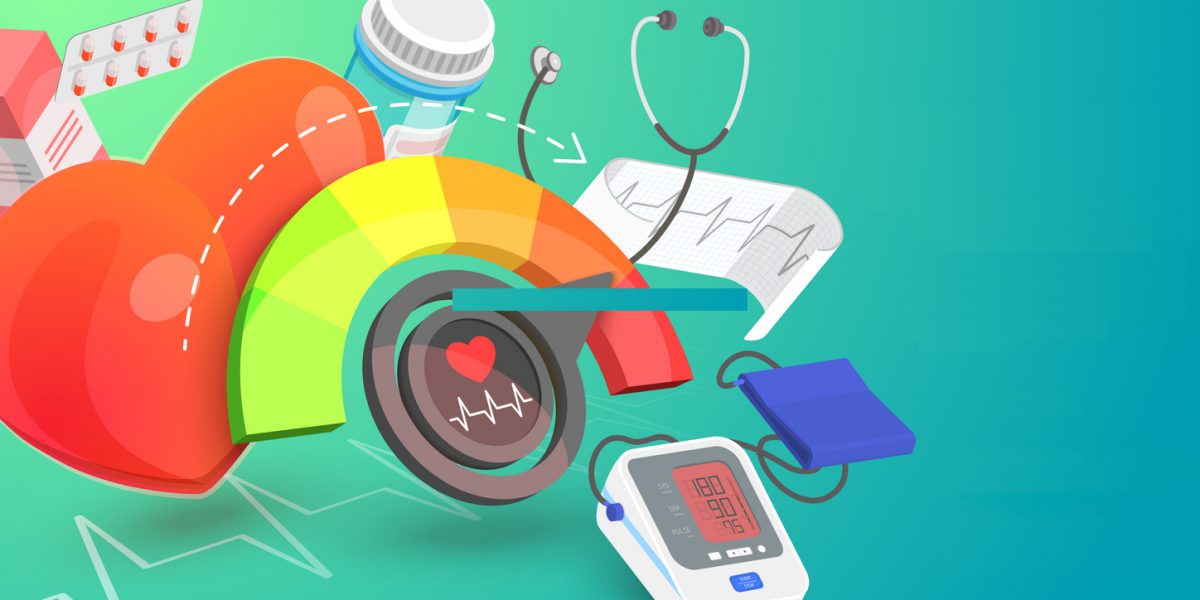Objective: Drug-metabolizing enzymes (DMEs), such as cytochrome P450 (CYP) enzymes, and transporters have emerged as major determinants of variability in drug metabolism and response. This study investigated the association between CYP and P-glycoprotein activities and plasma antidepressant concentration in an outpatient clinical setting. Secondary outcomes were antidepressant efficacy and tolerance. We also describe phenotypes in patients treated with antidepressants and evaluate the tolerance of a minimally invasive phenotyping approach.
Methods: From January 2015 to August 2015, 64 patients on a stable antidepressant regimen underwent a simultaneous assessment of steady-state antidepressant concentration and DME (CYP1A2, CYP2B6, CYP2C9, CYP2C19, CYP2D6, CYP3A) and P-glycoprotein transporter activity using a cocktail phenotyping approach. Psychiatric diagnoses were in accordance with DSM-5.
Results: We observed a high proportion of subjects (> 20%) with reduced activity of CYP2C19, CYP2D6, CYP3A4, and P-glycoprotein. As expected, higher CYP activity for major metabolic pathways was associated with lower concentration of the parent compound (CYP2C19 and escitalopram, P = .025; CYP2D6 and fluoxetine, P < .001; CYP2C19 and sertraline, P = .001), higher concentration of the metabolite (CYP2D6 and O-desmethylvenlafaxine, P = .007), and higher metabolite-to-parent drug ratio (CYP2C19 and escitalopram, P = .03; CYP2D6 and fluoxetine, P < .001; CYP2C19 and sertraline, P = .048; CYP2B6 and sertraline, P = .006). Phenotyping also highlighted the relevance of a minor metabolic pathway for venlafaxine (CYP3A4). Insufficient response and adverse reactions to antidepressants were not significantly associated with plasma antidepressant concentration, DME, or P-glycoprotein activity. Tolerance of the phenotypic test in ambulatory settings was found to be excellent.
Conclusions: The phenotypic assessment of DMEs and a transporter is a valuable, well-tolerated method to explore the interindividual variability in drug disposition in clinical settings. The method is able to account for the inhibitory activity of antidepressants themselves and for polymedication, which is frequent in this population of refractory depressed patients.
Trial Registration: ClinicalTrials.gov identifier: NCT02438072
Members Only Content
This full article is available exclusively to Professional tier members. Subscribe now to unlock the HTML version and gain unlimited access to our entire library plus all PDFs. If you're already a subscriber, please log in below to continue reading.
Please sign in or purchase this PDF for $40.00.
Already a member? Login





